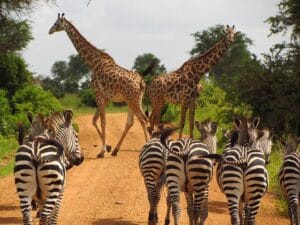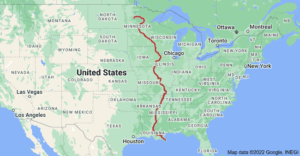Many of the heaviest birds are flightless, and there are thousands of species of birds on the planet that range in form, color, behavior, size, and unique feathers. We’ve only included the biggest birds on the planet which can be found in some regions, ranked by average weight.
1. Common ostrich
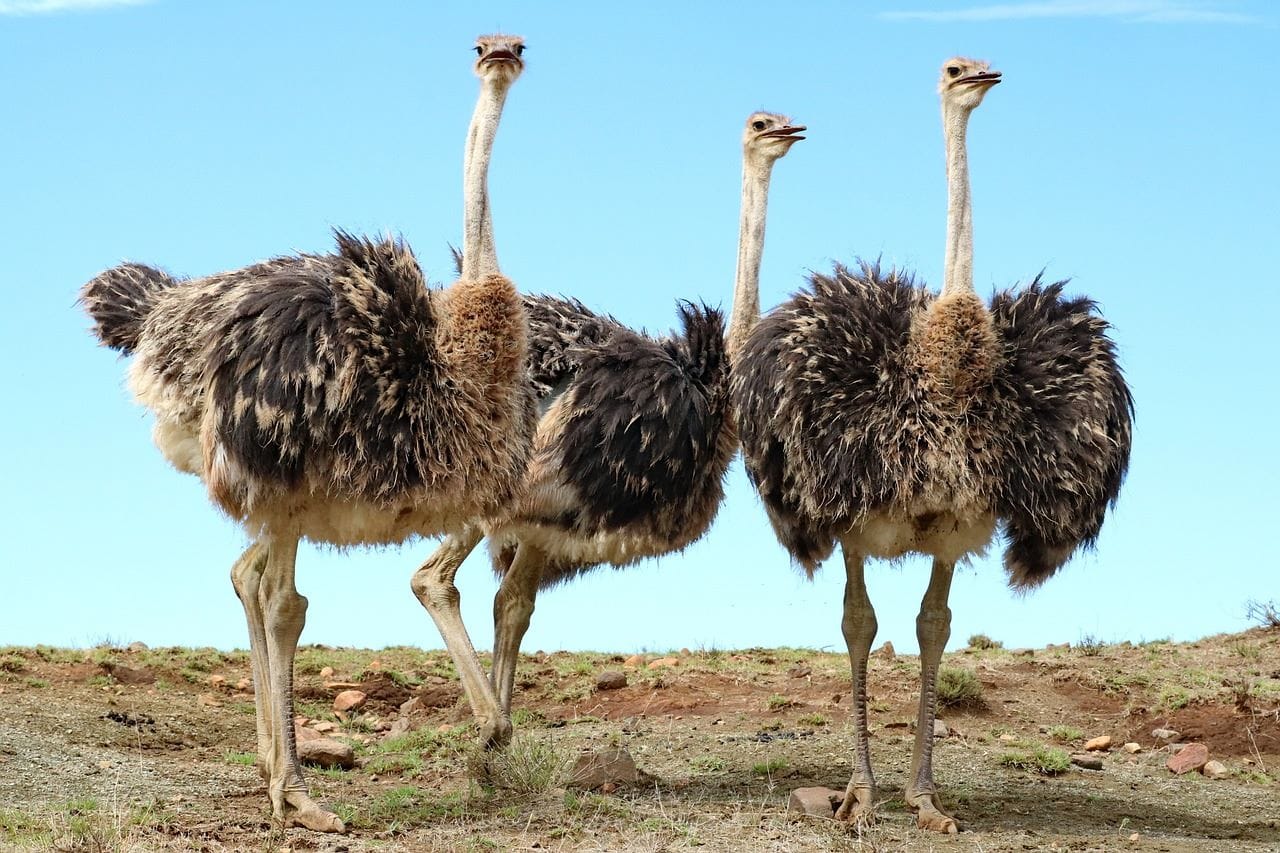
The common ostrich is the world’s largest and heaviest flightless bird. It feeds on seeds, grass, bushes, fruit, and flowers. It is the fastest bird on land, reaching speeds of up to 70 kilometers per hour.
The ostrich is the largest living bird, known for its long neck, powerful legs, and large eyes. Native to Africa, it thrives in savannas and semi-arid regions. It has strong legs adapted for running and defense, along with a unique ability to survive with limited water.
Average Mass: 104 kg
Maximum Mass: 156.8 kg
Average length: 6.9 ft
2. Somali Ostrich
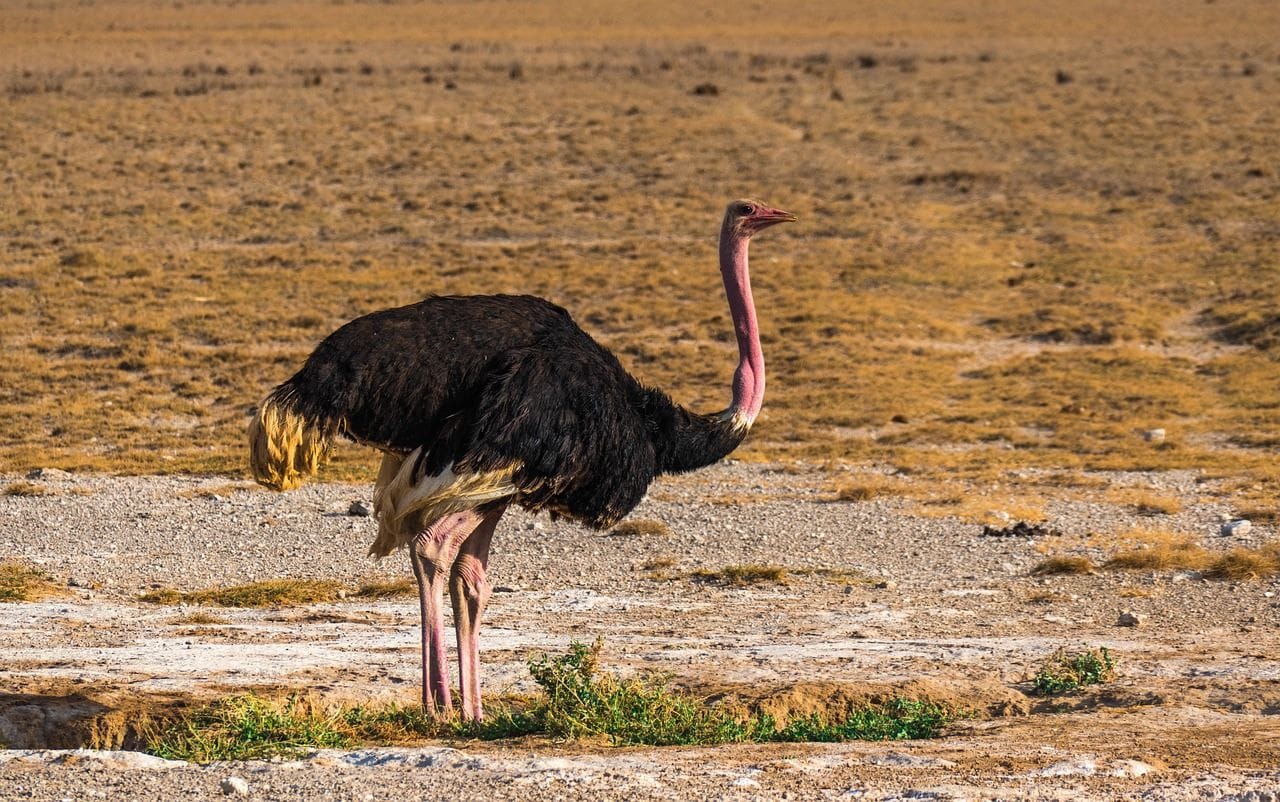
The Somali ostrich (Struthio molybdophanes) is a large, flightless bird native to the Horn of Africa. The second heaviest living bird is primarily found in the Horn of Africa (Ethiopia, Somalia). Its skin is identical to that of other ostriches, with the exception of the thighs and the Somali ostrich’s skin being grey-blue.
It is distinguished by its bluish-gray neck and thighs, black-and-white body plumage in males, and brown feathers in females. This species thrives in arid and semi-arid habitats.
Average Mass: 90 kg
Maximum Mass: 130 kg
Average length: 6.6 ft
3. Southern Cassowary
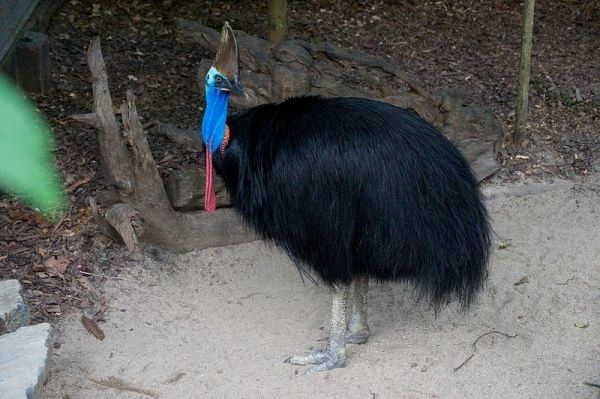
The Southern Cassowary (Casuarius casuarius), an endangered bird, is known for its vivid blue face and neck, stiff black plumage, and striking casque. Found in tropical rainforests of Indonesia, New Guinea, and northeastern Australia, it thrives at elevations below 1,100 meters in Australia and 50 meters in New Guinea. With a population exceeding 2,500, it plays a critical role in seed dispersal.
Average Mass: 45 kg
Maximum Mass: 85 kg
Average length: 5.1 ft
4. Northern Cassowary
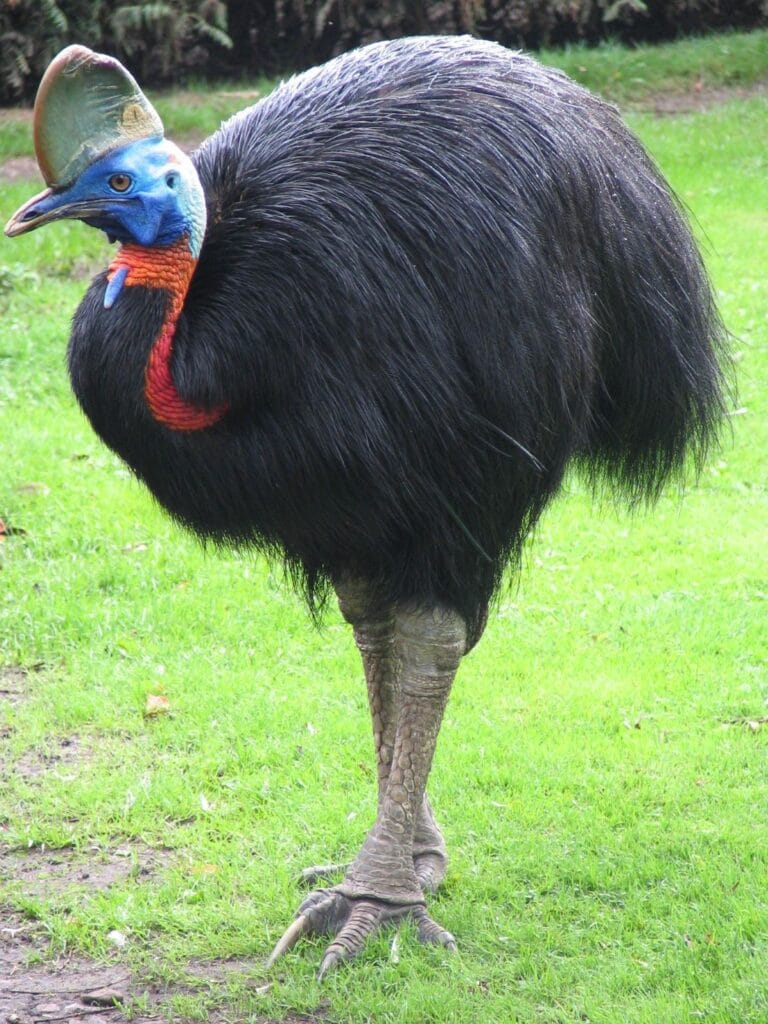
The Northern Cassowary (Casuarius unappendiculatus), a smaller relative of the Southern Cassowary, is an endangered species with an estimated population of 7,000. Found in the lowland rainforests of Yapen, Batanta, Salawati, and Northern New Guinea, it features a vibrant red or yellow neck, blue facial skin, and strong feet.
This elusive bird is vital for seed dispersal and forest regeneration, inhabiting elevations below 500 meters. It is monogamous and primarily feeds on fruits, fungi, and small animals.
Average Mass: 44 kg
Maximum Mass: 75 kg
Average length: 4.9 ft
5. Emu
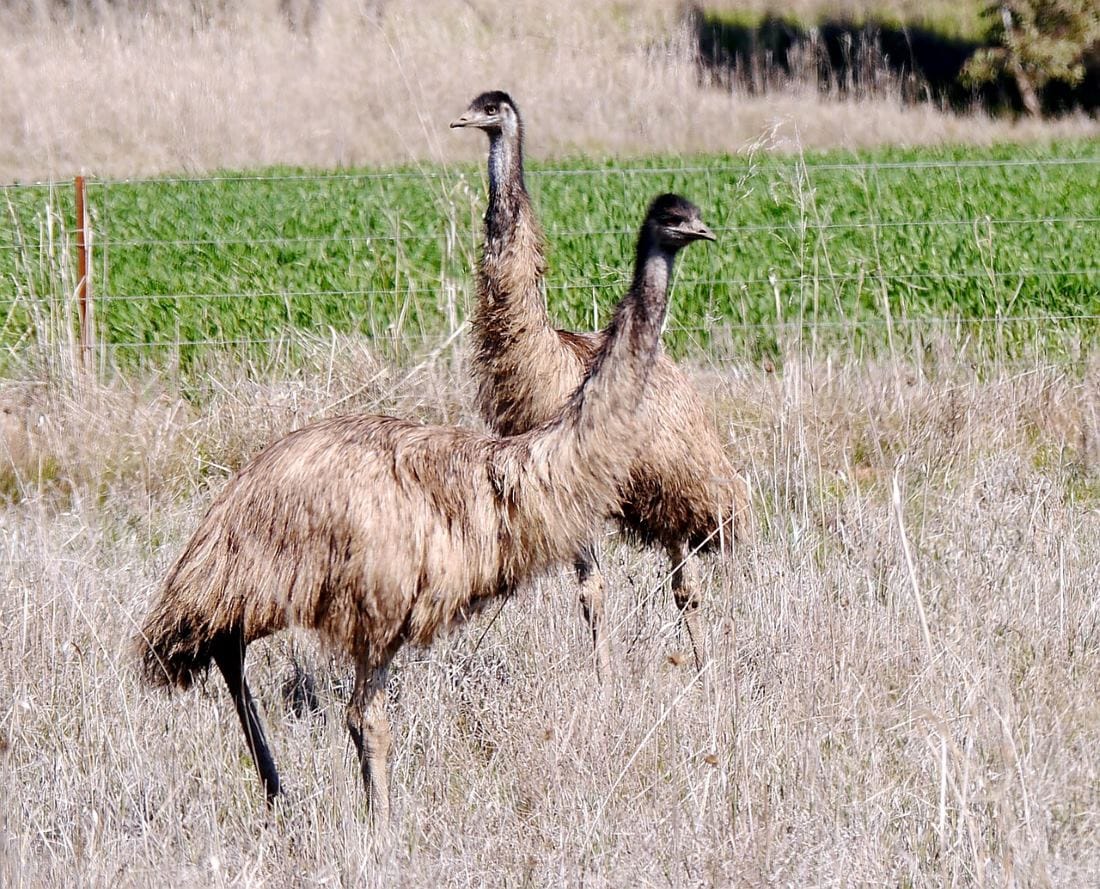
The emu (Dromaius novaehollandiae) is the world’s second-tallest and fifth-heaviest bird, with a population of around 700,000. It can run at speeds of up to 50 km/h and feeds on various plants and insects. Native to every region of Australia, emus are raised for their meat, feathers, and oil. These flightless birds have excellent vision and hearing, and their ability to travel long distances helps them adapt to diverse habitats.
Average Mass: 33 kg
Maximum Mass: 70 kg
Average length: 5 ft
6. Emperor Penguin
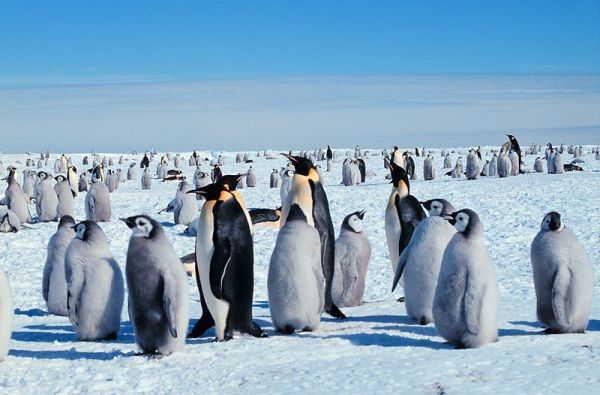
The Emperor Penguin is the largest and heaviest of all living penguins and is a descendant of Antarctica. Adapted to the harshest climate, some emperor penguins may live up to 50 years old.
Average Mass: 31.5 kg
Maximum Mass: 46 kg
Average length: 3.7 ft
7. Greater Rhea
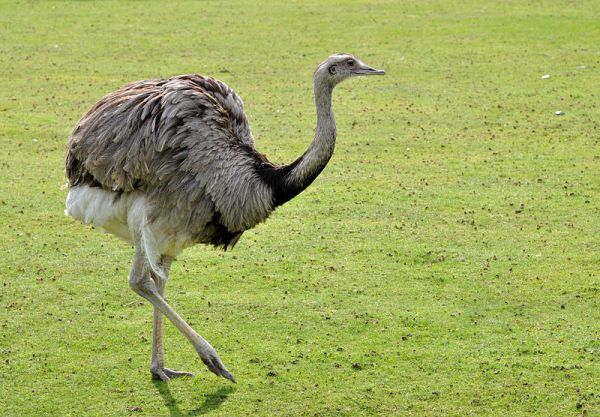
The greater rhea lives in grassland, grass marshes, and a variety of open habitats in eastern South America and is listed as endangered by the IUCN.
Average Mass: 23 kg
Maximum Mass: 40 kg
Average length: 4.4 ft
8. Dwarf Cassowary
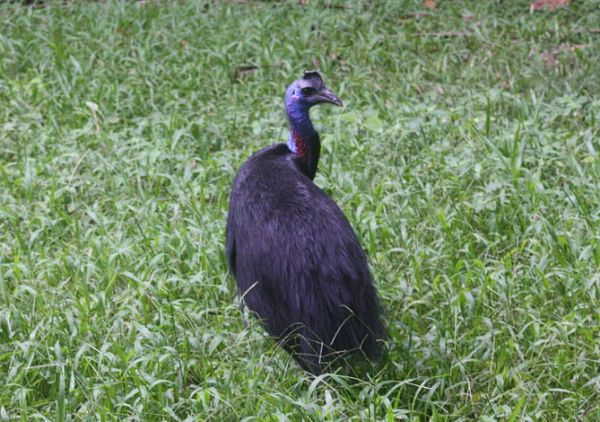
The Dwarf Cassowary is an endangered bird owing to habitat loss and degradation, as well as hunting for food. It feeds on small animals, fruits, and insects, and may be found in the forests of New Guinea, New Britain, and Yapen Island. It prefers lowland areas with elevations of up to 1,300 meters.
Average Mass: 19.7 kg
Maximum Mass: 34 kg
Average length: 3.4 ft
9. Lesser Rhea
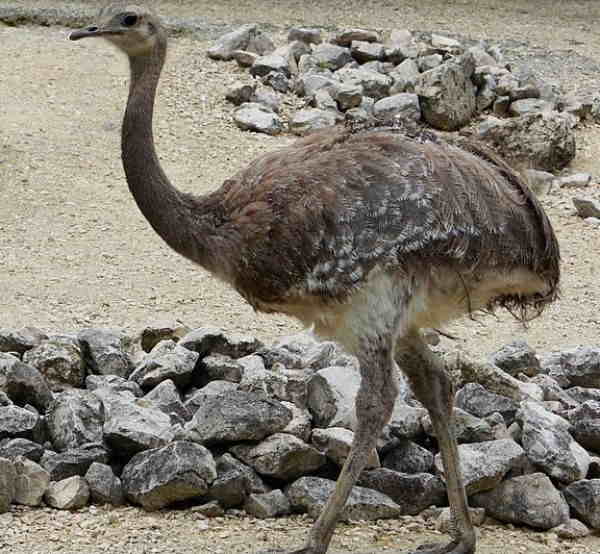
Lesser rhea, commonly known as Darwin’s rhea, is located in South America’s Altiplano and Patagonia. It is a critically endangered species with just a few thousand Darwin’s rheas remaining in South America, and it feeds on fruits and grasses.
Average Mass: 19.6 kg
Maximum Mass: 28.6 kg
Average length: 3.2 ft
10. King Penguin
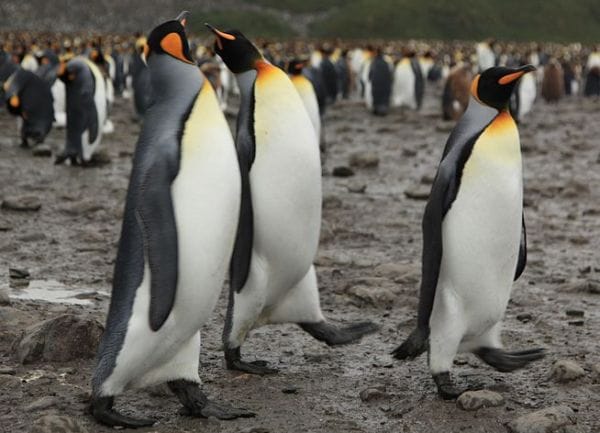
It is the second biggest penguin species after the emperor penguin, and it eats tiny fish, krill, and crustaceans. It can dive to depths of more than 100 meters.
Average Mass: 13.6 kg
Maximum Mass: 20 kg
Average length: 3 ft
11. Domesticated Turkey
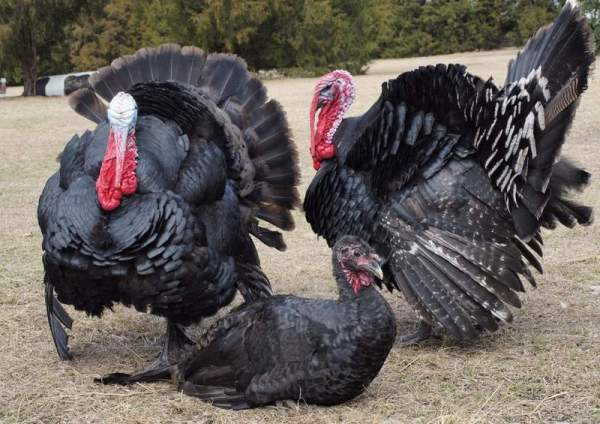
Domesticated turkeys are descended from turkeys and are now found all over the world, being raised for meat, feathers, and a variety of other reasons.
Average Mass: 13.5 kg
Maximum Mass: 39 kg
Average length: 4.1 ft
12. Kori Bustard
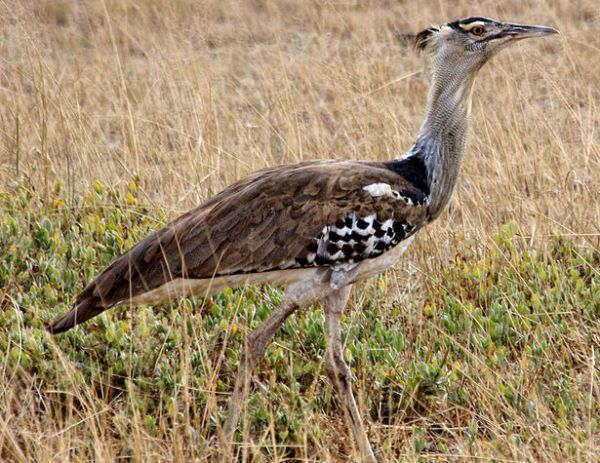
The Kori Bustard is the world’s biggest flying bird, found in grassy regions, plains, lightly wooded savanna, and dry scrubs across southern Africa (mostly in Botswana and Namibia). Termites, bush crickets, scorpions, grasshoppers, locusts, and dung beetles are among the insects eaten by the Kori bustard.
Average Mass: 11.4 kg
Maximum Mass: 20 kg
Average length: 5 ft
13. Andean Condor
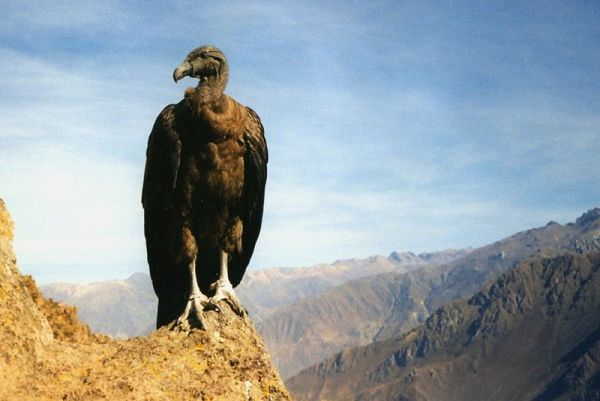
The Andean Condor is a South American bird with a lifespan of more than 70 years, making it one of the world’s longest-living birds. It is the world’s second-largest flying bird, after the Kori bastard, and it nests at altitudes of up to 5,000 meters.
Average Mass: 8.1 to 14.9 kg
Maximum Mass: 14.9 kg
Average length: 4.2 ft
14. Dalmatian Pelican
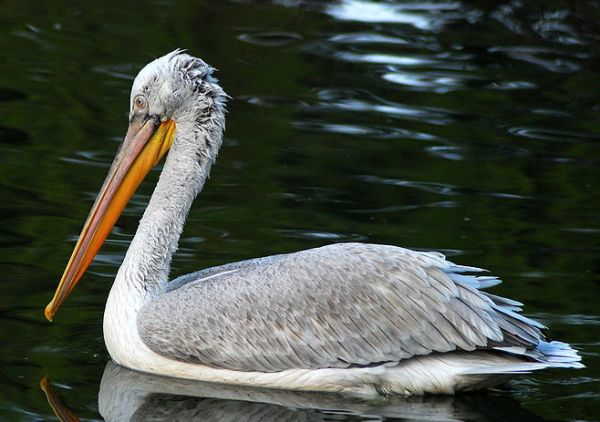
The Dalmatian Pelican (Pelecanus crispus) is one of the world’s largest freshwater birds, recognized for its curly nape feathers, silvery-white plumage, and enormous wingspan of up to 3.5 meters. Found in wetlands across Europe and Asia, this species thrives in lakes, rivers, and deltas, playing a vital role in aquatic ecosystems.
Average Mass: 7.25 to 15 kg
Maximum Mass: 15 kg
Average length: 6.3 ft




